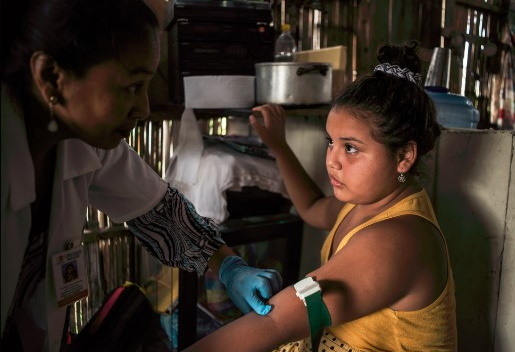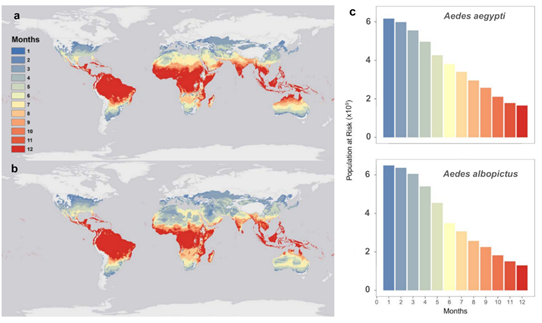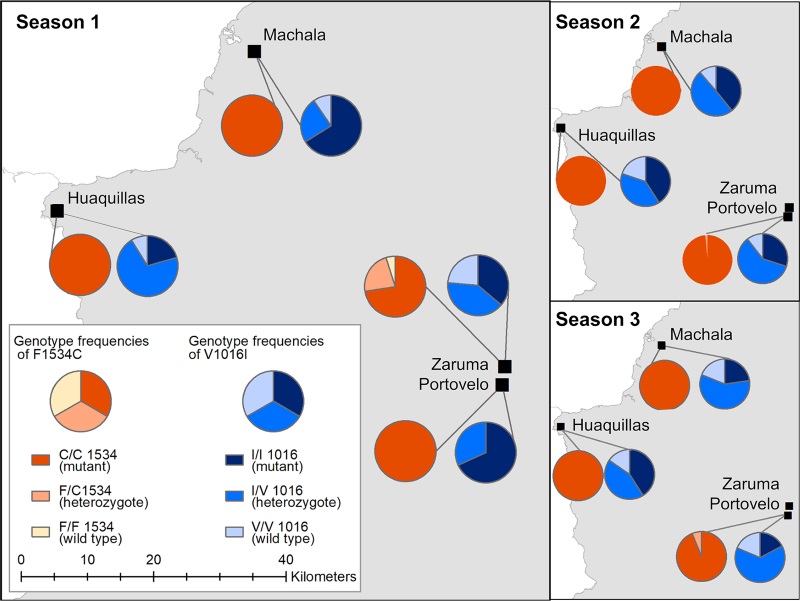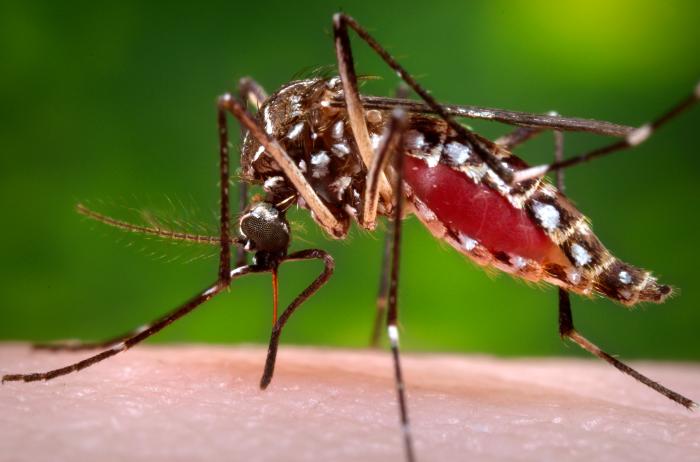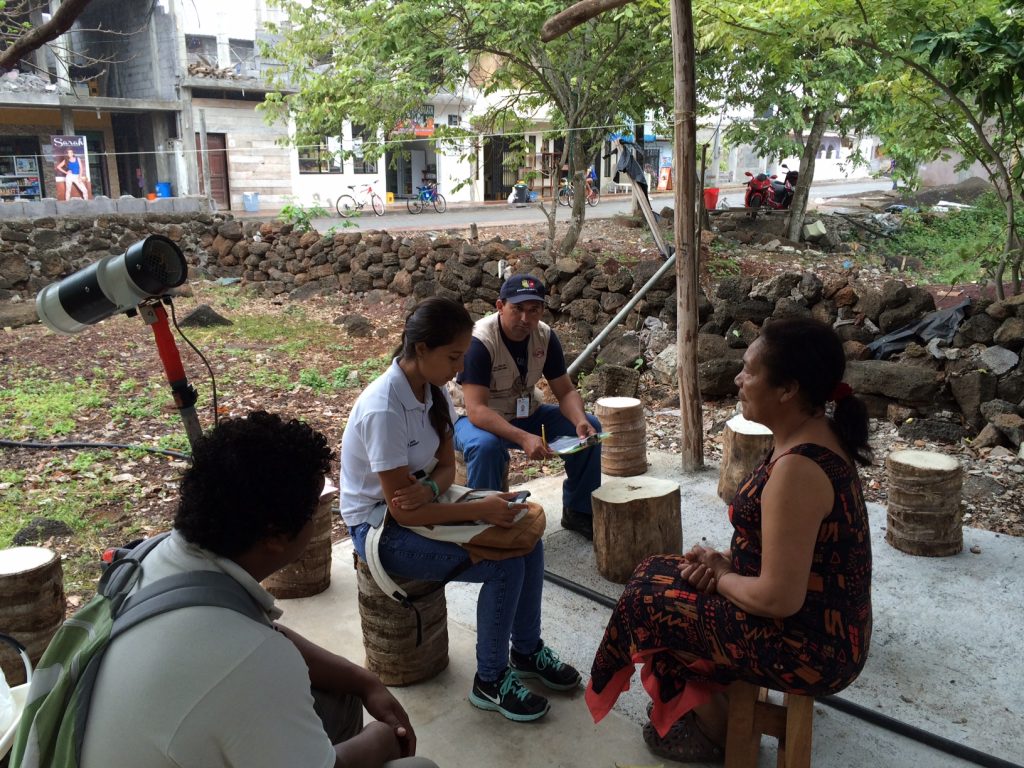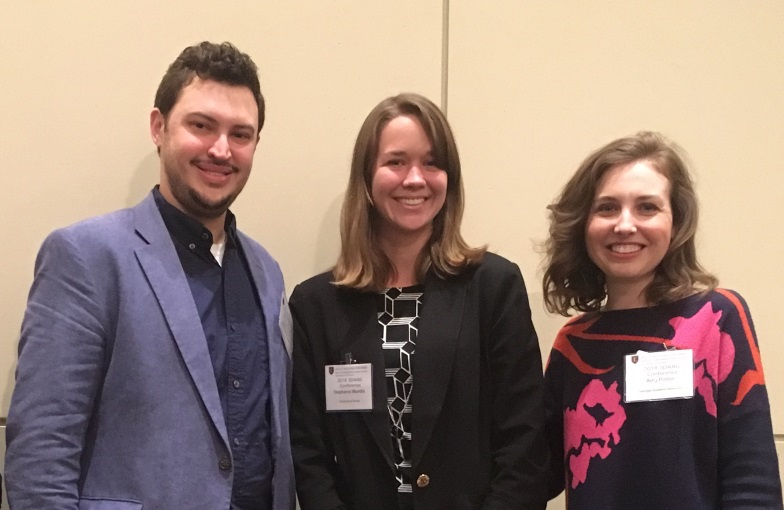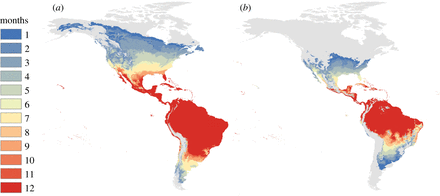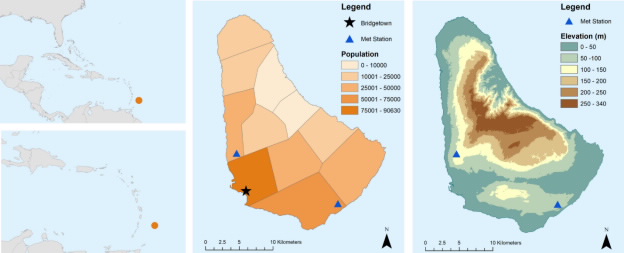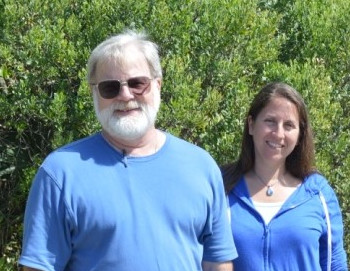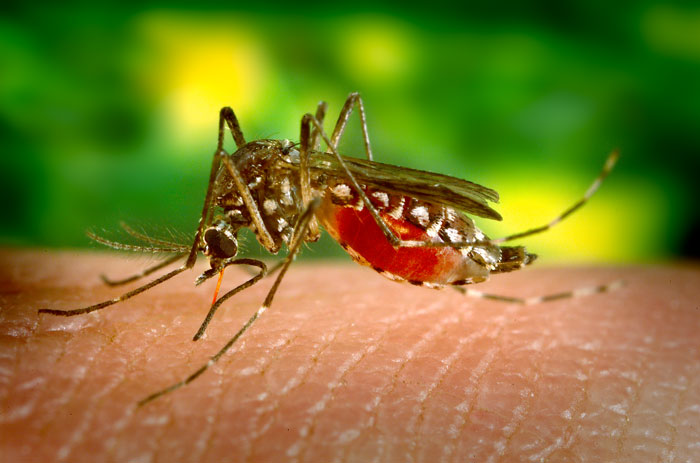A Bayesian spatiotemporal approach to modelling arboviral diseases in Mexico
KELLINGS – A Bayesian spatiotemporal approach to modelling arboviral diseases in Mexico Moeen Hamid Bukhari, Muhammad Yousaf Shad, Uyen-Sa D.T. Nguyen, Jesús A Treviño C, Woojin Jung, Waheed U. Bajwa, Ana Lucía Gallego-Hernández, Renee Robinson, Nadia Sarai Corral-Frías, Gabriel L. Hamer, Penghua Wang, Esther Annan, Chaelin K. Ra, David Keellings, Ubydul Haque Article first published […]
Read more "A Bayesian spatiotemporal approach to modelling arboviral diseases in Mexico"
